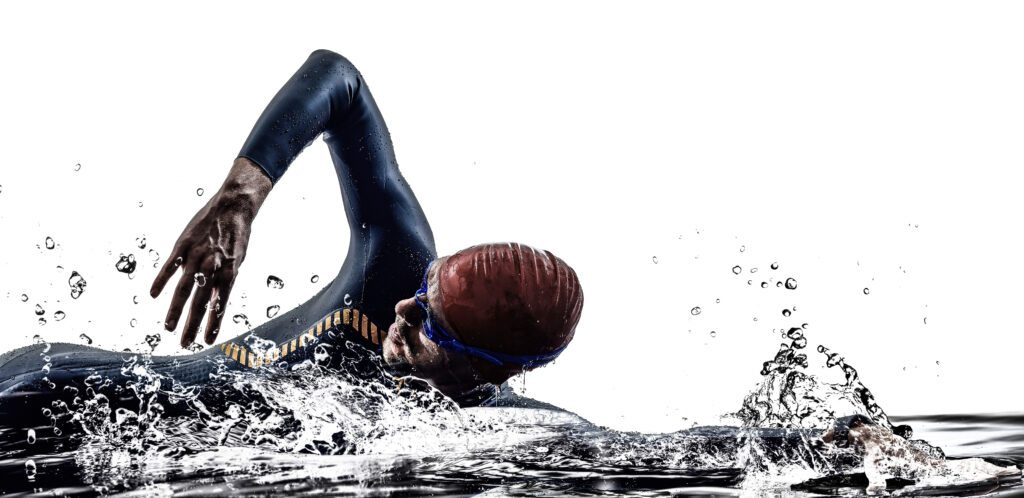- © 2018 - 2022 ProVen Probiotics. Cultech
- Contact Us
- Cookie Policy
- Privacy Policy
- Terms and Conditions
Should Athletes Take Probiotics?
Probiotics are live microorganisms that are beneficial to gut microbiota. They are commonly found in yoghurt, kefir, sauerkraut, tempeh, and kimchi, among other food or in the form of dietary supplements. Some of the most significant advantages of probiotics include aiding general gut health. This is important for ensuring a good immune response. Probiotics encourage diverse gut microbiota, which helps with nutrition absorption.
When gut health deteriorates, other parts of the body follow suit. The body is less nourished due to reduced absorption rates. A compromised immune system makes us more prone to illness. This is especially true for athletes. The higher physical demands make them more likely to contract respiratory illnesses. Those involved in endurance sports will likely encounter diminished immunity during their events.
This article will consider whether athletes should take probiotics or not. We will look at the scientific evidence and make an informed conclusion.
What specific health issues do athletes face?
As previously mentioned, upper respiratory tract infections (URTIs) are some of the most common illnesses athletes face. Peak-performance athletes have a suppressed rate of salivary immunoglobulins, which has been linked to URTIs in several studies. Temporary immune dysfunction resulting from intense, prolonged physical activities can cause URTIs.
The high levels of stress associated with athletics can lead to suppressed immunity. Where there is insufficient rest and recovery, athletes are prone to infection. Inadequate nutrition can also be a culprit. This would be down to poor diet choices or low absorption rates.
Gastrointestinal distress is common among athletes. It is likely caused by one of the following:
- Imbalances in gut microbiome: Results from changes in gut microbiomes due to changes in diet, stress level, medication or other illnesses.
- Stress: High-stress levels can lead to gastrointestinal distress from gut microbiome changes.
- Nonsteroidal anti-inflammatory drugs (NSAIDs): NSAIDs to manage pain or inflammation can cause athletes to suffer GI distress.
- Nutritional Deficiency: A lack of fiber and/or high in fat or protein in an athlete’s diet can cause GI distress.
- Dehydration: This can lead to constipation, bloating, and cramping.
- Exercise-induced ischemia: High intensity in sports can lead to reduced blood flow to the intestines, which may cause cramping, nausea, and diarrhoea.

How can athletes support their gut to help prevent health issues?
There are various ways that athletes can support their gut to prevent health issues and improve their performance (Hughes&Holscher 2021). One of the simplest ways is by staying hydrated during intense training. As highlighted in a 2013 study, it is also important to drink as much in training as one would when competing. Not only does this ensure gut health in and out of competition, but it also maintains a balance.
Athletes should also minimise dietary periodisation. While it has been shown to improve performance, it has also been found to harm gut microbial communities.
A higher fibre intake is also beneficial to an athlete’s gut health. A study in Japan concluded that such a diet would potentially improve gut microbiota and reduce stress levels.
What role does the microbiome have and hence probiotics?
A healthy microbiome is absolutely essential for general gut health and, consequently, for athletic performance. Probiotics play a significant role in encouraging the development and maintenance of diverse gut microbiome. Clinical research shows the beneficial effects of probiotics in athletes; (i) increased absorption of key nutrients, (ii) reduction of the incidence, severity and duration of upper respiratory tract infections, (iii) reduction of duration of gut symptom episodes, (iv) improvement of the gut-barrier’s integrity and (v) recovery from muscle-damaging exercise.

 Available from the 8th March to the 19th March on our three most popular women’s probiotics.
Available from the 8th March to the 19th March on our three most popular women’s probiotics.  Discount added automatically at checkout for you.
Discount added automatically at checkout for you. 